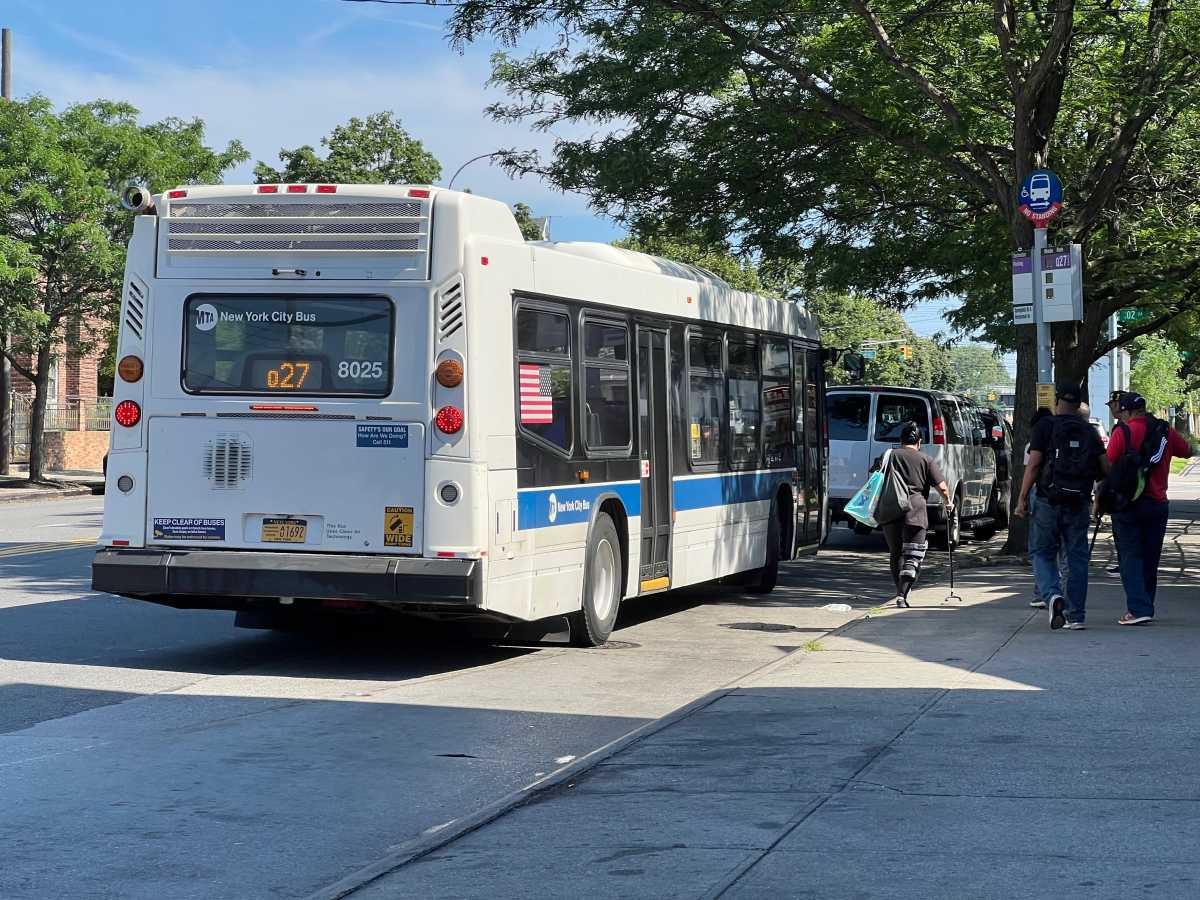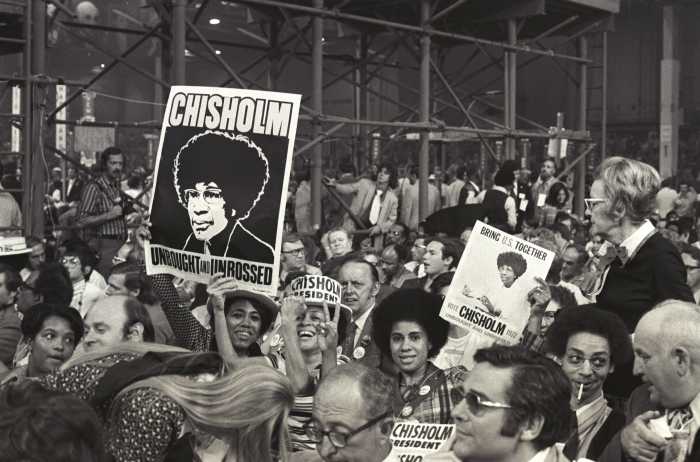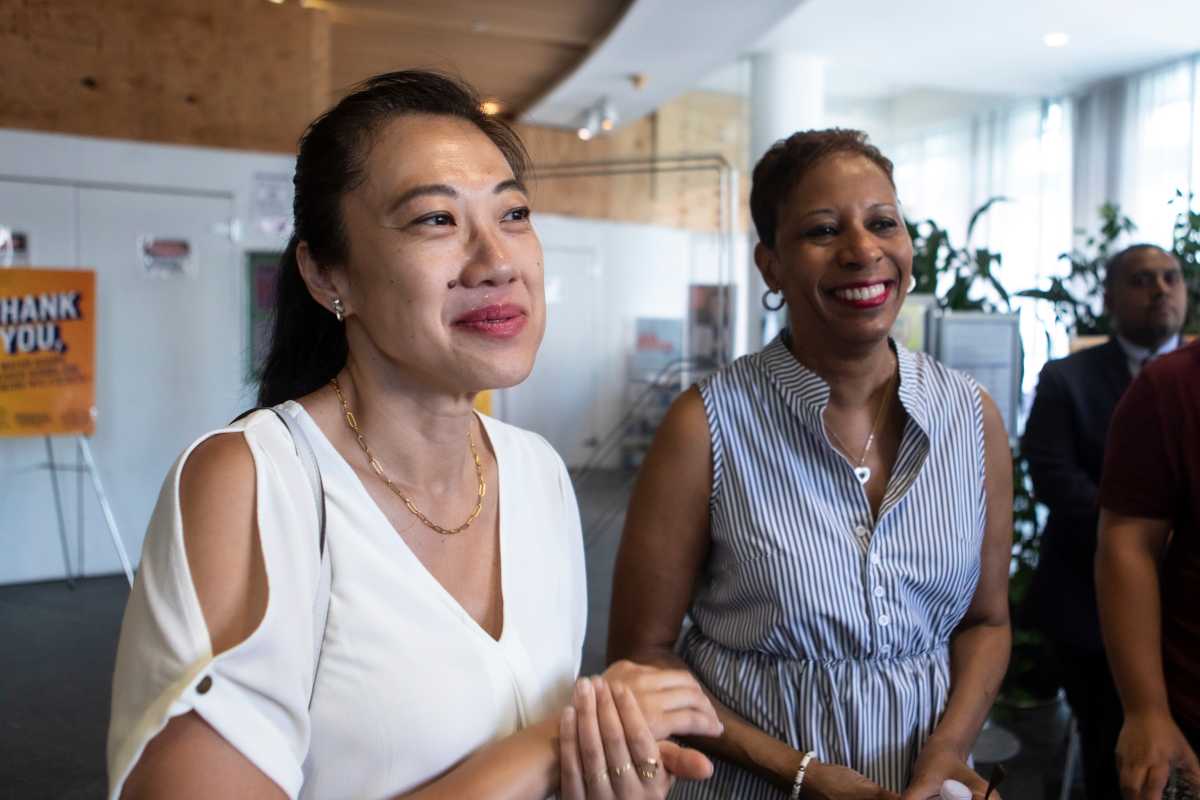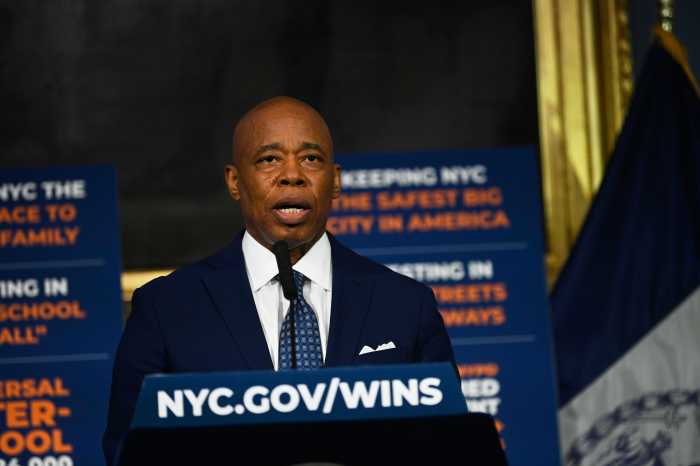We attended almost all of the full two days — plus most of one night — of hearings last week on the critical issue of whether term limits in New York City should be extended. What we saw and heard basically reinforced our already-held view — that without a voter referendum, term limits must not be extended.
Sitting there, listening to the outpouring of opinions by civic leaders, citizens and councilmembers, was at times inspiring, at times deeply disappointing, but always educational about the democratic process that is at the heart of our city and our great country.
Yet, that these hearings were held in such a rushed, haphazard manner undercut that spirit of democracy, making it seem all a farce, in some way.
As one speaker put it, the City Council held “nine hearings” on carriage horses over a period of a year or two. Yet, the single most important issue facing this city — its government and the succession of its leaders — has been relegated to this hyper-hearing, held in two days, with the City Council possibly voting on it less than a week later, this Thursday. As that speaker said, “Does the city value carriage horses more than taxpayers?”
If this issue is to be resolved before the November 2009 elections, it must be done by a special election, and after public hearings in all five boroughs. While some experts last week said the process would not leave enough time before the general election, others differed, saying there would be enough time. If the mayor and council start the process now, we’re sure we could get a referendum on the ballot by early next year.
Why are we suddenly thrust into this frantic, confusing situation that risks to undermine the basis upon which our democracy is built? Essentially because, as critics of extending term limits by legislation charge — and as we agree — the mayor engineered it this way. Bloomberg dallied with a run for president, then decided he’d like to stay in City Hall. Yet, he was always considering this: He polled on the issue in the spring, met with newspaper publishers in the summer and, then, in August, announced he would consider extending term limits.
Over all, Bloomberg has been a very good mayor, and, yes, we think he would help the city right now. But he and Council Speaker Christine Quinn are using the Wall St. crash as an alibi to finagle another term for themselves, which is unacceptable.
There’s a thin line between democracy and oligarchy. Referenda voted on by millions of New Yorkers must not be overturned by a billionaire mayor and slightly more than two dozen councilmembers. If that happens, and Bloomberg, Quinn et al. win re-election, then we will have four years of tainted government.
Again, there’s plenty of time for a voter referendum on term limits, and, as a popular mayor, Bloomberg would probably win. The mayor should have the confidence to put term limits up to a popular vote.






































